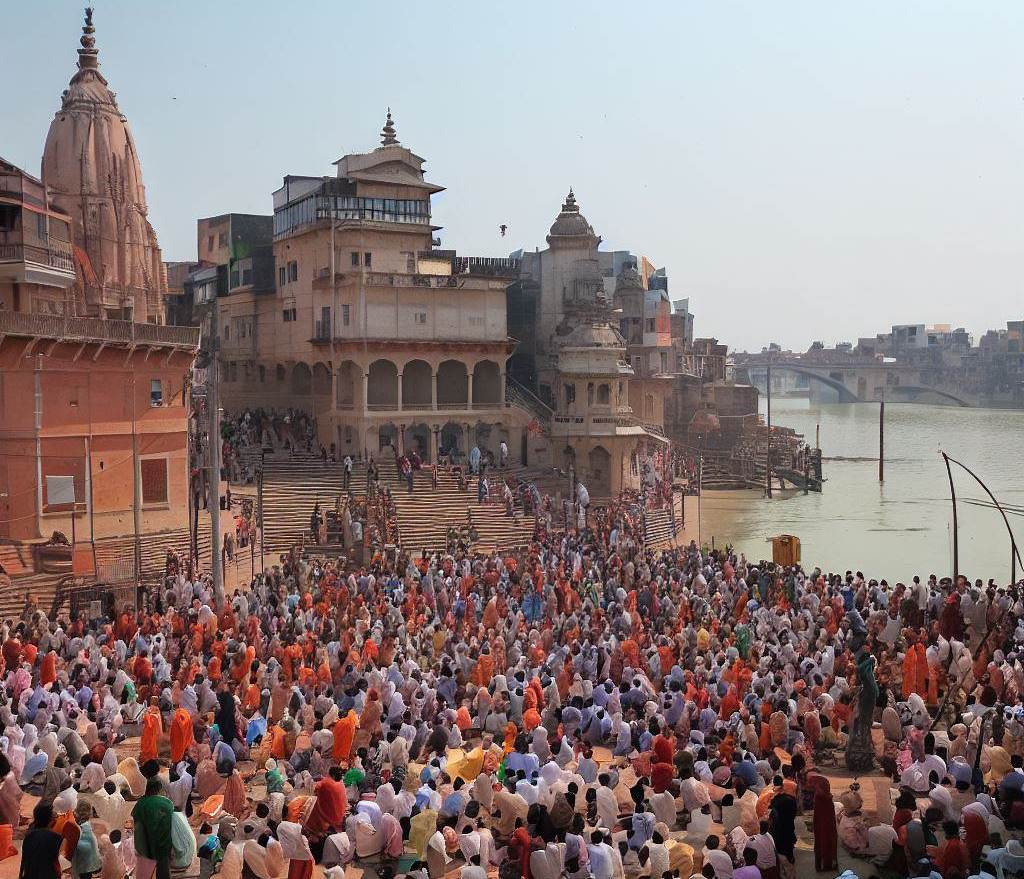Uttar Pradesh-Varanasi Parliamentary Constituency Elections 2014: Narendra Modi Secures Landslide Victory
In a historic electoral battle that captivated the nation, Prime Minister Narendra Modi emerged victorious in the 2014 Varanasi Parliamentary Constituency Elections, solidifying his position as a political force to be reckoned with. With a resounding mandate from the people, Modi’s triumph marked a turning point in Indian politics and laid the foundation for transformative reforms.
The Varanasi parliamentary seat, known for its cultural and spiritual significance, witnessed a highly anticipated contest as political heavyweights sought to claim victory. Narendra Modi, then the Chief Minister of Gujarat and the prime ministerial candidate of the Bharatiya Janata Party (BJP), chose Varanasi as his second constituency after Vadodara, symbolizing his ambition to connect with the heartland of India.
The 2014 elections were characterized by a surge of popular support for Modi’s leadership, with a wave of enthusiasm and anticipation sweeping the nation. Varanasi became the epicenter of this fervor, as the city experienced an unprecedented political spectacle with Modi at the forefront.
Modi faced tough competition from Aam Aadmi Party (AAP) leader Arvind Kejriwal and the Indian National Congress candidate Ajay Rai. Kejriwal, riding on the wave of the anti-corruption movement, campaigned vigorously, attempting to portray himself as a formidable challenger to Modi’s political dominance.
However, Modi’s charisma, strong developmental agenda, and the promise of a new era of governance resonated deeply with the people of Varanasi. His campaign rallies drew massive crowds, with citizens from all walks of life enthusiastically embracing his vision for a more prosperous and inclusive India.
On May 16, 2014, when the results were announced, Modi secured a resounding victory in Varanasi, winning by an impressive margin of 3.37 lakh votes. He garnered widespread support, obtaining 5,81,022 votes, while Kejriwal secured 2,09,238 votes, and Rai received 75,614 votes.
Modi’s triumph in Varanasi was seen as a game-changer in Indian politics. It not only solidified his own political stature but also signaled a shift in the country’s political landscape. The victory affirmed the people’s trust in Modi’s leadership and his ability to deliver on his promises of economic growth, good governance, and development.
As a result of his victory in Varanasi and the nationwide support for the BJP, Narendra Modi was sworn in as the 14th Prime Minister of India. His tenure has since been marked by numerous policy initiatives, including the ambitious “Make in India” campaign, the implementation of the Goods and Services Tax (GST), the Pradhan Mantri Jan Dhan Yojana, and the Swachh Bharat Abhiyan (Clean India Mission).
The 2014 Varanasi parliamentary constituency elections represented a watershed moment in Indian politics, with Narendra Modi’s victory ushering in a new era of governance. His resounding mandate in Varanasi symbolized the aspirations and hopes of millions of Indians for a brighter future. Six years on, the transformative impact of that victory continues to shape the nation’s trajectory, reinforcing Modi’s position as a formidable leader.
As India looks ahead to the future, the memory of the 2014 Varanasi victory serves as a reminder of the transformative power of democratic elections and the enduring influence of strong leadership.
